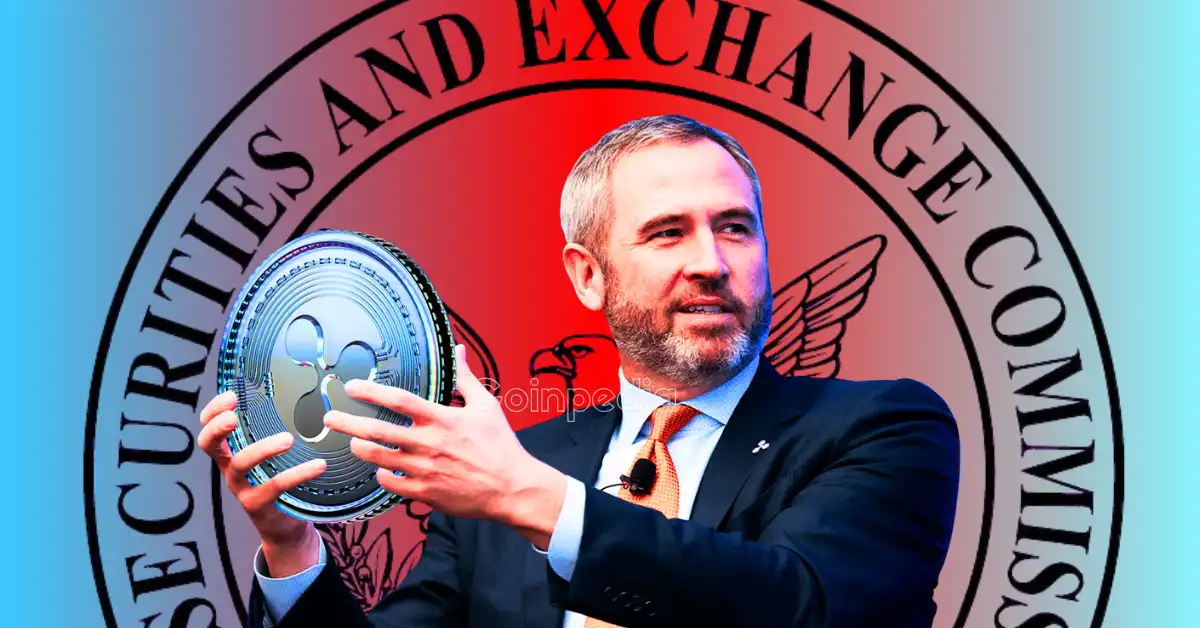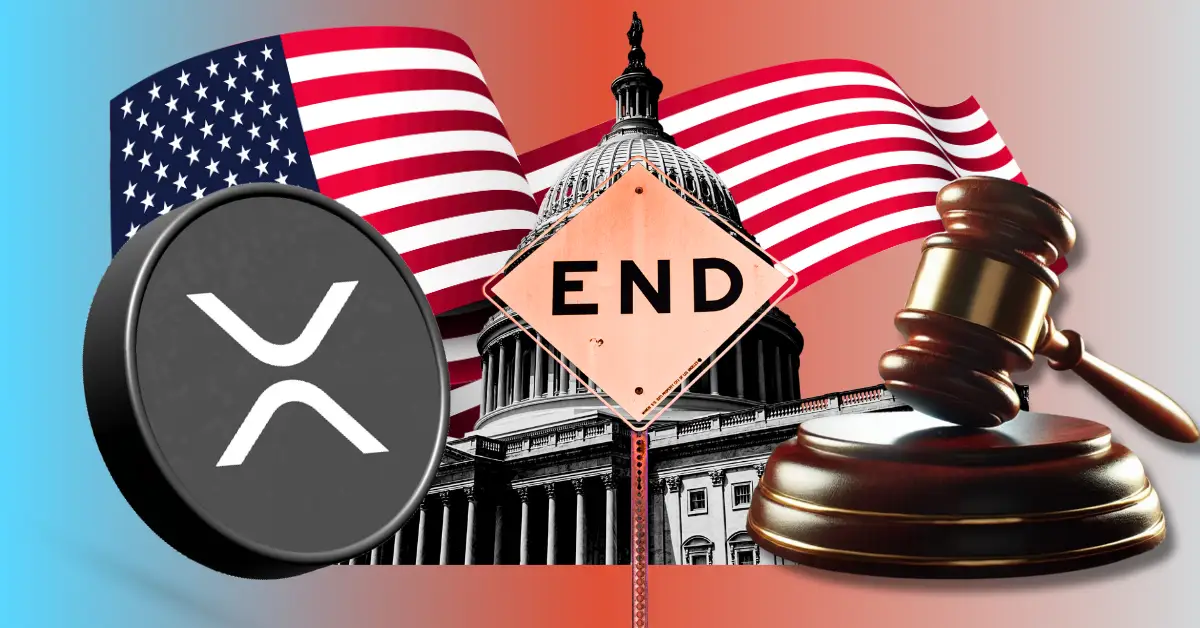The Ripple-SEC Legal Battle: A New Chapter
Last week marked the end of an extensive legal chapter in the cryptocurrency world as the U.S. Securities and Exchange Commission (SEC) decided to drop its appeal in the ongoing case against Ripple Labs, the company behind the popular cryptocurrency XRP. This decision comes after a series of heated debates and court hearings over the classification of XRP as a security, paving the way for a final resolution.
Background of the Legal Dispute
In late 2020, the SEC filed a lawsuit against Ripple Labs, alleging that the company had raised over $1.3 billion through an unregistered securities offering by selling XRP tokens. The SEC’s argument was based on the Howey Test, which defines a security as an investment contract. The test requires that there is an investment of money, a common enterprise, and the expectation of profits derived from the efforts of others. Ripple and its executives, Brad Garlinghouse and Chris Larsen, argued that XRP was not a security because it was not sold as an investment but as a currency.
The Impact on Ripple and Its Executives
The outcome of the legal battle has significant implications for Ripple and its executives. Although the SEC declined to comment on the settlement, the company’s general counsel, Stuart Alderoty, announced on Twitter that Ripple would continue to operate business-as-usual. However, the case’s resolution may lead to regulatory clarity for XRP and other cryptocurrencies, potentially boosting investor confidence and driving up the token’s value.
The Global Implications
The resolution of the Ripple-SEC case goes beyond the borders of the United States and could have a profound impact on the global cryptocurrency landscape. The SEC’s decision to drop the appeal may set a precedent for other regulatory bodies around the world, leading to more consistent and clearer regulations for cryptocurrencies. This could encourage more institutional adoption of digital assets, further legitimizing them as a viable investment class.
Looking Ahead
The conclusion of the Ripple-SEC legal battle is a significant milestone for the cryptocurrency industry, bringing much-needed clarity to the regulatory landscape. While the exact terms of the settlement have not been disclosed, it is expected to provide a clearer understanding of how securities laws apply to digital assets. The ripple effect of this decision could lead to increased institutional adoption, further legitimizing cryptocurrencies as a viable investment class and driving innovation in the space.
- Ripple and its executives can continue operating business-as-usual
- Regulatory clarity for XRP and potentially other cryptocurrencies
- Possible boost in investor confidence and XRP’s value
- Setting a precedent for clearer and more consistent regulations globally
- Encouraging institutional adoption and further legitimizing cryptocurrencies
As we move forward, it will be essential to closely monitor the cryptocurrency market and regulatory developments to fully understand the implications of the Ripple-SEC settlement. The industry is poised for significant growth, and this decision could be a catalyst for further innovation and adoption.





